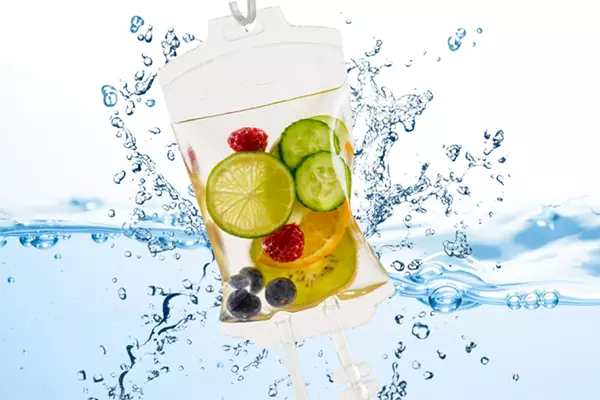IV Drip - IV Therapy Dubai
IV drip dubai
Best IV Drip Dubai
fluids IV Drip Dubai
Lifesaving fluids: An IV drip that provides hydration and essential medication to a patient in need. Book an appointment for IV Drip Dubai.
Clinic For IV Drip Dubai.
Benefit of IV Drip Dubai.

We are the leading provider of IV Vitamin / Detox / Glutathione Therapy since 2007, with our prestigious clinics located in Marina – Palm Jumeirah.
All of our products are approved by DHA and MOH
Not sure which IV drip to take?
Worry not, as our Doctor will formally consult with you and carry out Vitamins, minerals, and heavy metals analysis Oligoscan. The results will enable them to custom-tailor your IV drip according to your requirements, and you will understand your body better.
We have upgraded our Immune Boost Drip that now packs in very high doses of Vitamin C (10 grams), B-12, Selenium and 9 other ingredients.
IV therapy
The popularity of IV therapy has skyrocketed in recent years.
Everyone from celebrities and influencers, to moms and CEO’s, have turned to intravenous injections (IV) as a way to boost their vitamin intake. No doubt, having adequate levels of vitamins and minerals is necessary for our bodies to function properly.
Why has it become so popular?
When we take vitamins orally, the dose you take is greatly reduced as each nutrient travels from your mouth to your cells. When these vitamins, minerals, amino acids, and antioxidants are given intravenously, they bypass these processes, making them %95 available in the bloodstream for maximum benefit.

Benefits of IV Therapy
IV therapy, also known as intravenous therapy, involves the administration of fluids, medications, or nutrients directly into the veins. It offers several benefits in various medical contexts. Here are some potential benefits of IV therapy:
Rapid and Direct Delivery
Increased Hydration
Improved Nutritional Support
Medication Administration
Enhanced Bioavailability
Symptom Relief
Supportive Treatment
Customization and Personalization
Despite the potential benefits, it’s important to note that IV therapy should be administered under the supervision of trained healthcare professionals. The appropriateness of IV therapy and its potential risks should be evaluated on a case-by-case basis.


IV Drip Dubai at home
At Serenity, we can also provide you with the convenience and wellbeing benefits of our renowned IV vitamin drip therapy directly to you at your home, hotel or just about any other location you request. Our talented and experienced medical professionals are skilled in providing a wide range of IV treatments to you in the comfort and privacy of your own place whilst always ensuring your optimum health and wellness.
Our IV at home service is ideal for fast relief of many conditions such as hangovers, jet lag, cold & flu or if you’re seeking instant hydration, immunity boost, detox or a bespoke IV drip tailored to your individual requirements. With our at-home IV drip service, you can now experience the highest quality of IV therapy’s rejuvenating benefits to maintain a happy and healthy lifestyle.

